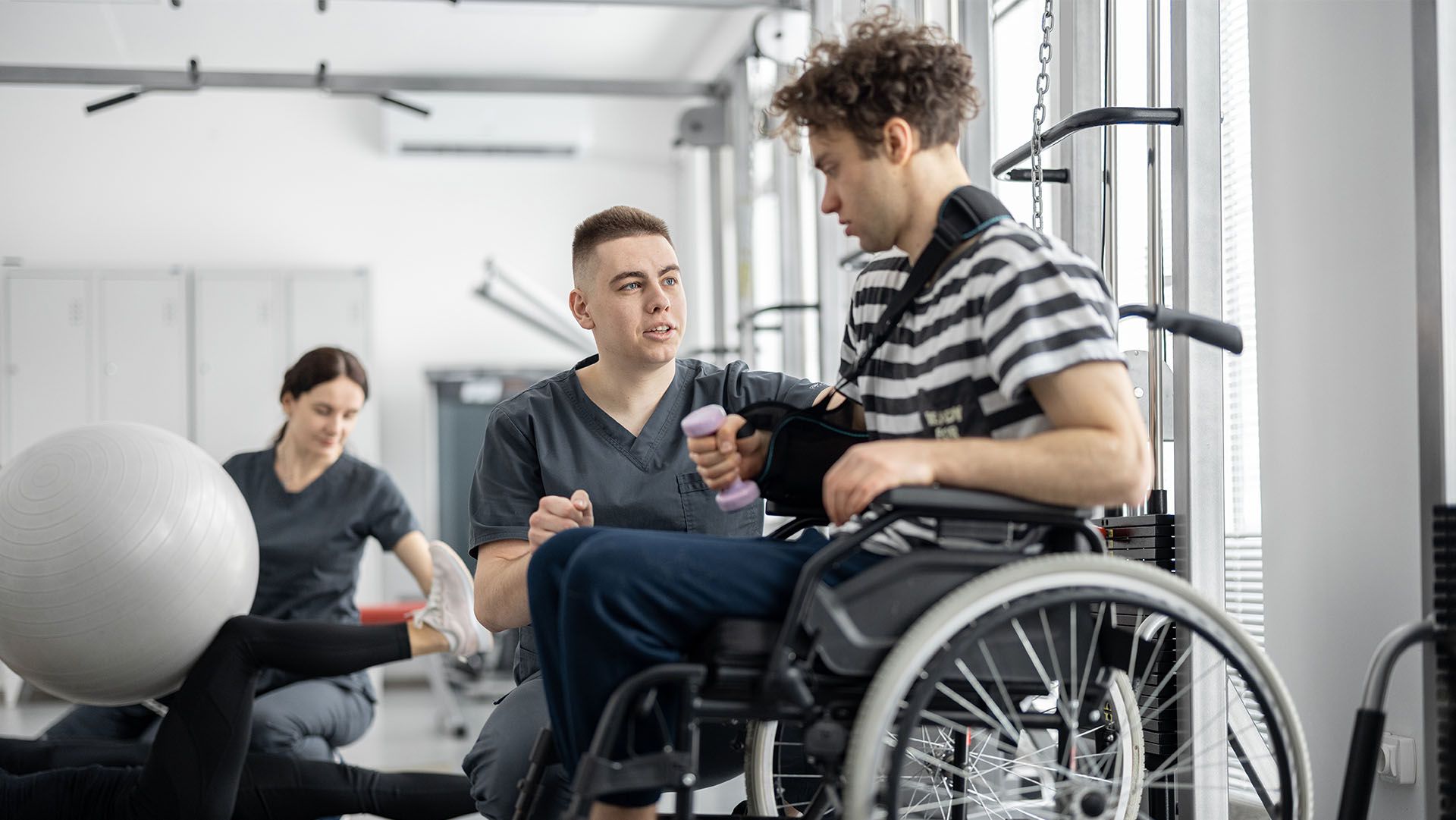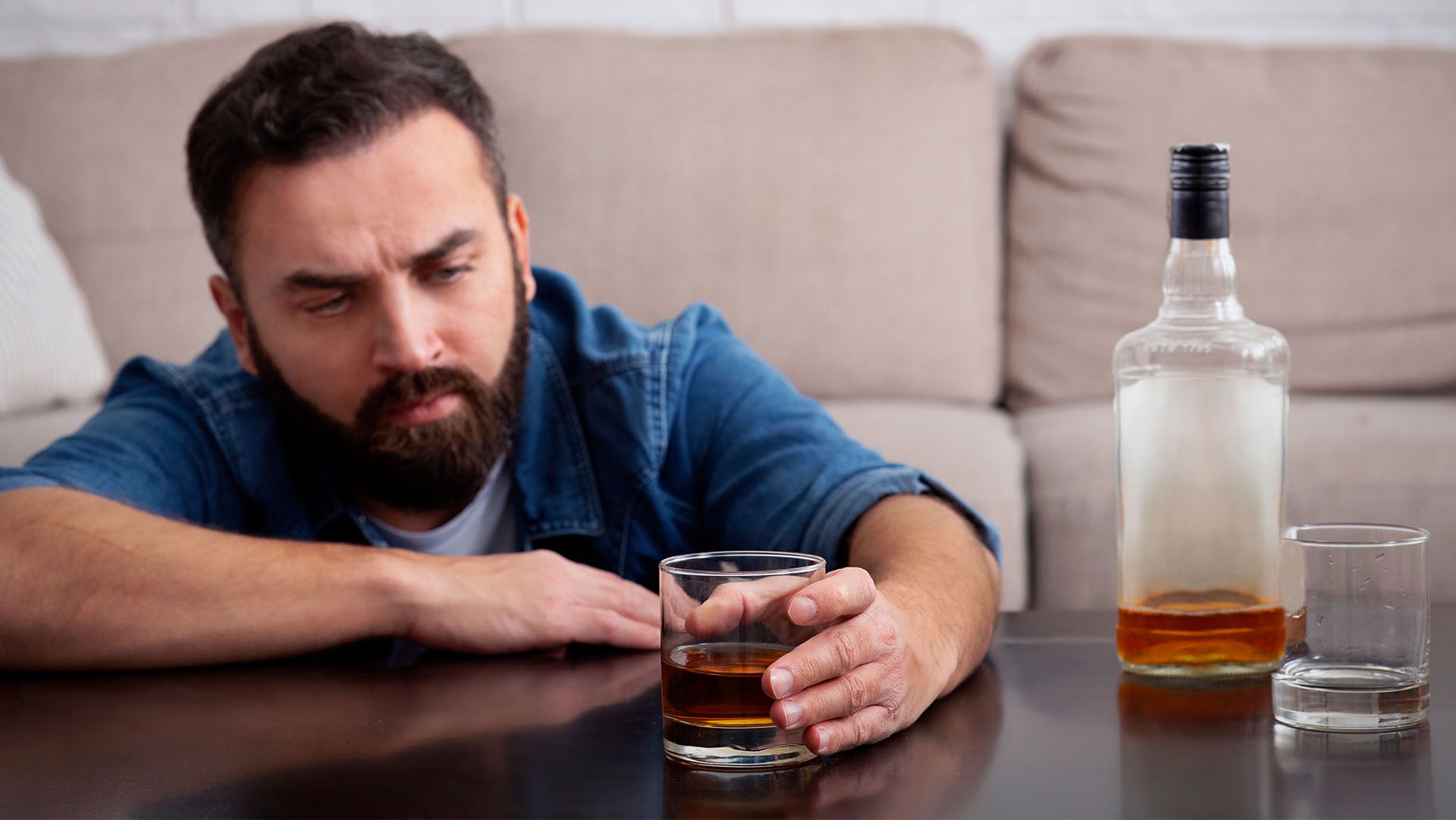How to Choose a Drug Rehab Program That Works for You
Every year, about 25 million people struggle with drug addiction, but just a fraction—about 10%–seek the drug rehab programs they need. If you’re struggling with addiction, your best ally in the fight for sobriety is drug rehab. Ontario is home to a number of high quality programs, but there’s no single option that works for everyone.
Drug rehab programs, like most other forms of medical treatment, are not a one-size-fits-all proposition. What works for one person might not work for another. After all, every addict has taken a slightly different journey to the pain of addiction, and the right drug rehab program is one that honors that journey by treating the root cause of addiction.
Here are your best options for drug rehab programs. Remember that you don’t have to pick just one; many addicts find they get the best results from blending several different treatment modalities.
Traditional Drug Rehab Programs
These programs offer the most support and assistance, making them an ideal option for addicts just beginning the sobriety journey, as well as addicts who have a history of relapse, mental illness, or addiction to multiple substances.
Residential Drug Treatment Programs
Residential drug treatment is the gold standard in addiction recovery care, because residential programs blend the offerings of most other treatment modalities under one roof. In rehab, you’ll have access to:
- 12-step programs that help you steadily move toward sobriety.
- Therapy that helps you better understand yourself and your addiction.
- Family support in the form of family educational programs, family visits, and family therapy.
- Group support from group therapy and informal interactions with other recovering addicts.
- Medical assistance as you navigate detox.
- Education about the disease of addiction.
Though these treatment modalities can make a big difference, one of the biggest benefits of inpatient drug rehab programs is that they remove you from your current environment. Drug addiction is a habit, and taking you out of the environment where the habit has thrived can make it easier to get sober.
Moreover, you won’t have to cope with temptation or peer pressure, and the stress of your home life will diminish as you refocus on sobriety. Couple this with a sober living environment and 24/7 support whenever you need it, and you have a recipe for sobriety success.
Intensive Outpatient/Partial Hospitalization Programs
If you think you might need the intensive care that inpatient rehab programs offer, but you’re too busy to move into a drug rehab facility, intensive outpatient/partial hospitalization programs might be right for you. This approach to sobriety offers you intensive treatment during the day—usually for most of the day, on four to seven days per week. But at the end of the day you go home.
Not only does this approach to sobriety cost a bit less than traditional rehab; it also allows you to maintain some components of your normal everyday life. If you’re concerned about whether you’ll be able to maintain your sobriety after finishing rehab, intensive outpatient programs are an excellent way to “test” your resolve and resistance to temptation while you’re still in treatment. For this reason, some addicts opt to transition from inpatient rehab to intensive outpatient, as a way to steadily step back into the challenges of everyday life.
Outpatient Drug Rehab Programs
These programs aren’t really rehab at all; rather, they offer a chance to get the support and care you need in your community, without relying on a rehab facility. You’ll have the best odds of success if you blend several outpatient treatment modalities at once, since outpatient care is less intensive, and therefore less likely to offer you the assistance you need. If you’re already finished drug rehab, these outpatient programs can help you steadily move back into daily life, while offering you the help you need to defend your sobriety for a lifetime.
Therapy
No one chooses to use drugs without a reason. Something made drugs seem like an appealing option. Often, a history of trauma, mental illness, abuse, or a dysfunctional family make drugs seem like an ideal coping mechanism. In other cases, your job may be so stressful that you need some extra help. Or maybe you’re just bored with your life or relationship, and drugs offer the escape you crave.
Therapy helps you sort out the motivations behind your drug addiction, then works with you to establish newer, healthier ways of coping—without the assistance of drugs. About half of all addicts have an underlying mental illness, such as depression or anxiety, and therapy can help you tackle these symptoms, too. If your addiction has caused conflict with your family, your therapist may encourage family therapy, or offer you the communication and negotiation skills you need to begin the process of making amends.
Good addiction therapists encourage you to set goals, track your progress, and take actionable steps toward recovery. Therapy should not be something you’re in forever; instead, therapy is a step toward getting back on track. But many therapy clients do periodically return to therapy when the going gets rough, so even if you’ve been sober for years, consider the possibility that therapy might help you remain sober for years more.
Medical Care
Drug addiction is, at its heart, a disease that fundamentally alters your brain and body. No matter what path you take to sobriety, your journey should begin with a consultation with a physician whom you trust. Though every addict’s needs are different, some of the things a medical provider can help you with include:
- Getting your medication use under control. If you abuse prescription drugs, your doctor will help you determine which drugs you need, and which you need to ditch. Additionally, if you have untreated physical or mental illnesses, your doctor can help you assess which medications are least likely to ignite an addiction.
- Addressing the health problems your addiction has caused. Your doctor may prescribe medications, recommend lifestyle changes, or simply monitor your symptoms over time.
- Keeping you safe during the detox process, by monitoring your symptoms and treating them as they arise; depending on what you are addicted to, your doctor may even be able to prescribe medications to reduce the intensity of your drug cravings.
Detox Assistance
Detox programs are short-term programs, usually outpatient in nature, that offer care for the acute stages of withdrawal. Some drugs simply provoke more serious withdrawal symptoms than others, and some addicts have health problems that necessitate medical supervision as they navigate the withdrawal process.
While this medical care can be critical to your long-term recovery, and even to your survival, it is not in and of itself sufficient to get you sober. Instead, detox assistance is merely a necessary prerequisite to flushing drugs from your system. You’ll still need supportive care to manage the daily challenges of sober living and resisting temptation, so if you sign up for a detox program, make sure you also have a plan for your longer term recovery.
12-step Programs
12-step programs such as Narcotics Anonymous, Pills Anonymous, Marijuana Anonymous, and Cocaine Anonymous are among the most popular recovery options in the world. These programs are completely free, though participants are encouraged to make a donation based on their financial abilities.
Meetings are available at all times of day and night, and at virtually every location across the globe. Though you won’t get professional treatment, you will get a strong support network, and for many addicts, this is sufficient to help them get sober. So successful are these programs that some addicts continue attending meetings for years, or even decades, after they’ve gotten sober.
White Knuckle Sobriety
White knuckle sobriety isn’t a recovery program at all; instead, it’s the desire to get sober without seeking treatment. You wouldn’t try to will away diabetes or cancer, and attempting to go it alone with addiction has a similar success rate—a dismal one! Many addicts convince themselves they just need to quit, but you became an addict for a reason.
If you want to get sober, you must address that underlying cause. Remember, sobriety isn’t something you must choose once, but something you must choose every day for the rest of your life. White knuckle sobriety does not offer you the support you need to continue making this choice, day after day, challenge after challenge.
Religious Conversion
A religious conversion, to those who believe in such actions, can offer hope for a happy new life. But the promise of a new life with the assistance of religion is simply not enough. This isn’t a judgment on the power of God, but rather a statement of fact. You wouldn’t try to pray away diabetes or convince yourself that by turning your life over to God, pancreatitis will go away. Praying can be good; in fact, studies suggest that people who pray more heal faster, but there’s no evidence that praying alone will heal you.
There’s another, more pernicious, reason that a religious conversion won’t necessarily save you. Many religious converts believe that their newfound faith will make them purer, better, more decent people. And that may be true. But addiction isn’t a moral failing; it’s a disease. Until you treat the underlying disease, even your best intentions are likely to fail. And that can leave you feeling hopeless and disillusioned about the power of your religious conversion to improve other areas of your life.
Contact Addiction Rehab Centres Canada today!
Further Reading:
Drug Rehab Program
Drug Addiction: Signs & Symptoms
How to Choose a Ontario Drug Rehab Center
Drug Addiction Recovery: Help & Options
NIH: Treatment Approaches for Drug Addiction
NIH: Drug Addiction Treatment







